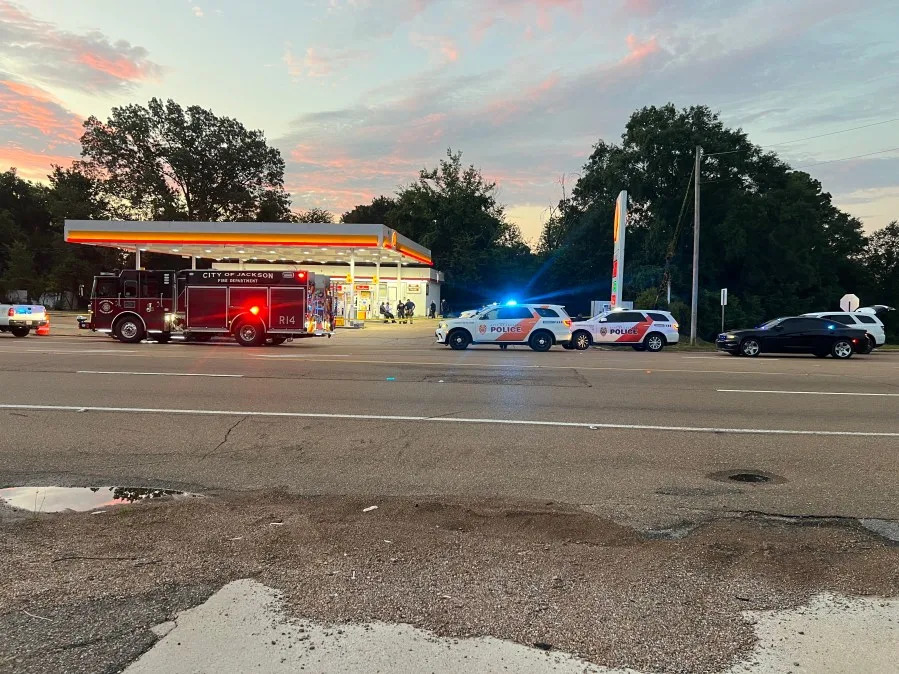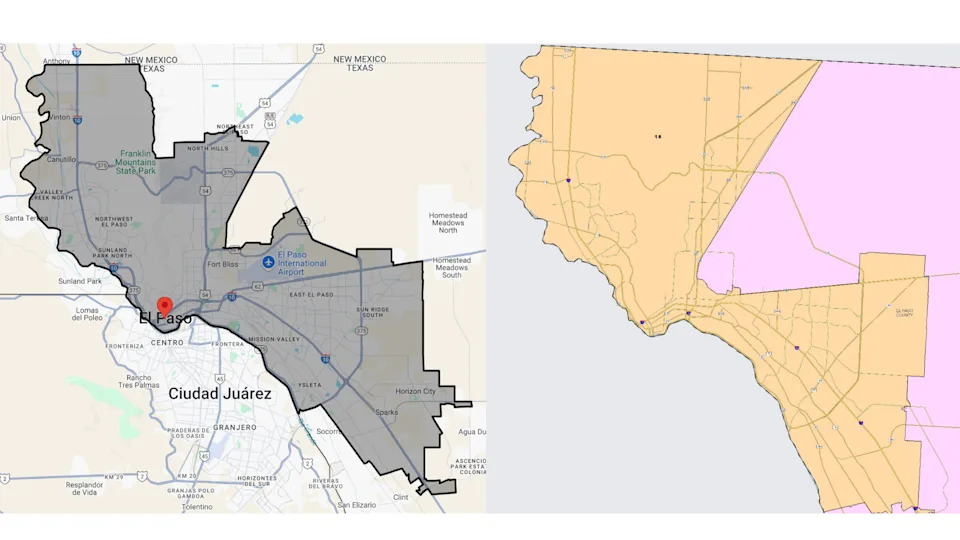
VIRGINIA BEACH — Short-term rental property owners who break city rules could soon face jail time and a criminal conviction.
A shift from civil to criminal penalties for violations is among a host of proposed changes to Virginia Beach’s short-term rental laws City Council is scheduled consider after returning from summer break Aug. 12.
The zoning code amendments stem from recommendations of a short-term rental task force, which finalized a report at the end of last year. The group examined the registration process and grandfathered properties. It also aimed to prioritize city enforcement efforts.
Criminal penalties act as a better deterrent for property owners not in compliance with the rules, Virginia Beach Zoning Administrator Kevin Kemp said at a subcommittee meeting of the Resort Advisory Commission gathering last week.
The city changed to civil penalties for short-term rental violations in 2020 hoping for more efficient enforcement, but it hasn’t worked as intended, Kemp said. Fines are $500 for first violation and can increase to $1,000.
“A lot of owners factor it in as an operating cost,” Kemp said.
Other proposed changes include allowing Class A, B and C contractors as structural inspectors. Businesses in Sandbridge that support the short-term rental industry have been asking for the change. Property owners have had a tough time finding enough licensed architects and engineers to perform structural safety inspections, which has been necessary to obtain a short-term rental permit.
Deck inspection backlog holding up short-term rental permits in Virginia Beach’s Sandbridge
The frequency of inspections would be reduced to every five years, and in the years when an inspection is not required, the property owner would have to submit an attestation stating all applicable requirements are met.
A requirement listing the name and contact information of the property management company on the sign posted in front of a rental property also was proposed.
The Planning Commission reviewed the recommendations and recommended approval to the council July 9.
Another significant change would be reducing parking requirements at short-term rentals. If approved, the modification would allow one parking spot per two bedrooms, instead of one per bedroom under the current law. It would still require a parking plan to be approved by Kemp.
But that change doesn’t align with the task force’s suggestion to allow only grandfathered properties — those that operated prior to 2018, mostly in the Oceanfront’s North End — to have fewer than the current required spaces.
“I think you’re opening a can of worms,” Nancy Parker, who served on the task force, told Kemp at the meeting. “We wanted reduced parking strictly for the grandfathered properties at the North End.”
Kemp said the reasoning behind loosening the parking requirement, particularly in the Oceanfront Resort District, was to free up parking spaces in city garages, where short-term rental property owners can contract with the city to lease spaces annually to meet current parking rules.
“That kind of reserves certain parking for short-term rentals;” Kemp said. “Parking at the beach is a premium.”
The task force also saw a need for more staff to handle rental issues. This year’s city budget, effective July 1, included the hiring of three additional city inspectors. The Zoning Department will soon have seven people working on short-term rental compliance, which will be the largest team in the division, Kemp said.
“That speaks to how important short-term rentals are to City Council, ” he said.
There are currently 2,700 short-term rentals registered with the Commissioner of Revenue, and more than 400 are grandfathered properties.
Stacy Parker, 757-222-5125, [email protected]








Comments